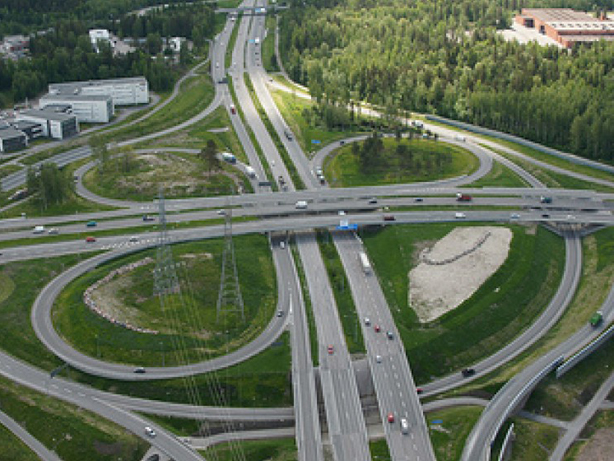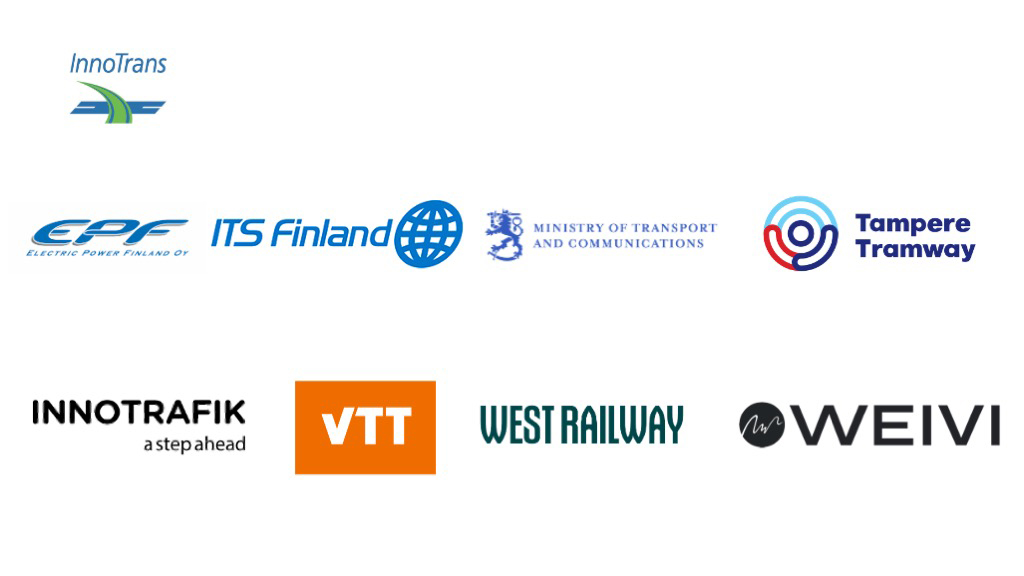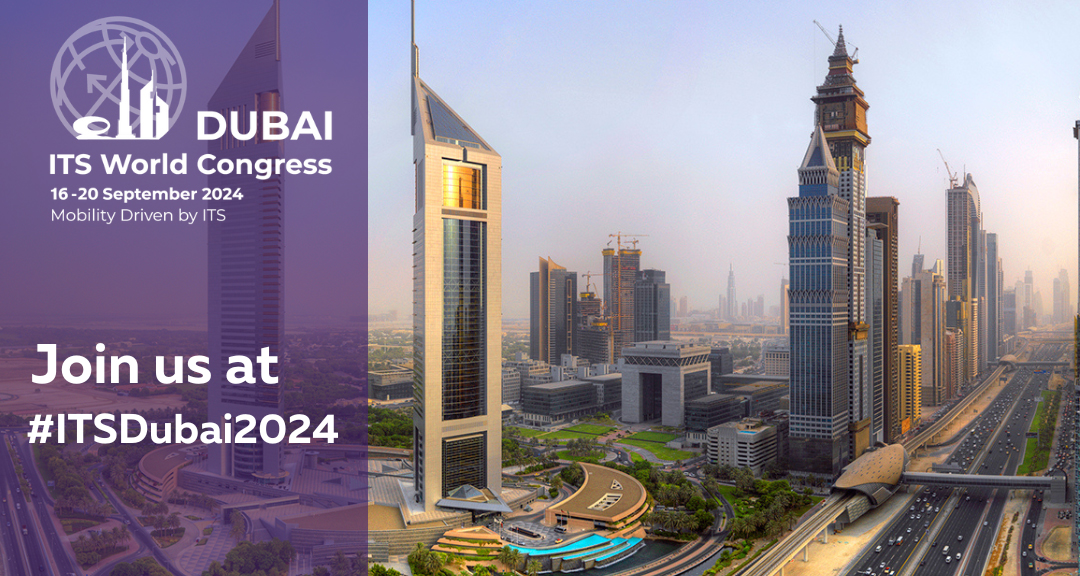Blog: Traffic’s new normal
The invisible enemy that is the coronavirus changed everything overnight. Now, we must think what the world will be like in the future. As some sort of gauge of activity, traffic reflects the state of our society and economy in many ways. As such, it is quite natural to take a look at the post-coronavirus world from the point of view of traffic.
The following assumptions are based on the optimistic view that an effective vaccine for the disease is widely available around the world in 2021.
Air traffic recovers slowly but surely
In recent decades, air traffic has increased at an annual average of five per cent (https://www.icao.int/sustainability/Pages/Facts-Figures_WorldEconomyData.aspx). Flying has nearly doubled in the 2000s.
This spring, we have witnessed the most dramatic shock in the entire 100-year history of aviation. Up to 90 per cent of flights have been grounded. Even though air traffic has recovered quickly from previous shocks due to the strength of the global economy and social networks, recovery this time will take much longer.
The speed of recovery will depend on three factors: how quickly different countries remove their travel restrictions, will countries start turning more inwards and how soon companies and consumers will have the courage to start making travel decisions.
The plight of companies in the aviation industry can mean closing down flight routes – especially unprofitable ones. The growth in demand for air travel will be slowed by companies learning how to utilise remote meetings better as well as consumers’ newfound interest in traveling closer to home. The demand for air travel, especially over short distances, will also be dampened by reasons related to the climate.
Globally, the number of air traffic passengers may not return to the level of 2019 at least before 2023. However, the popularity of air travel will increase as restrictions are lifted because the schedules of people today mean flying is the only option for long-distance travel.
Rail traffic on the rise
Train traffic is fully capable of recovering quite quickly to the level of previous years after the coronavirus situation. Thus far, the reduction in train traffic in Finland has not been as dramatic as for air traffic, even as the number of train passengers has dropped. This provides a good basis for the rapid increase in passenger numbers.
The demand for train traffic is supported by the popularity of domestic travel caused by the coronavirus situation. In addition, reasons related to the climate will make trains a viable transport option in the coming years. For example, the government in France aims to actively promote train traffic as part of their support package for Air France (https://www.railwaygazette.com/news/trains-prioritised-over-planes-in-air-france-rescue-deal/56408.article.)
What about road and sea traffic?
During the past 25 years, road traffic has decreased slightly only in 2008 (-0.1%) and 2009 (-0.3%). This year, the decrease in road traffic will be sharper. During the spring, road traffic has decreased by up to a third (https://tmfg.fi/en/news/coronavirus-continues-have-significant-effect-traffic-volumes).
The combination of remote working and an economic downturn may prolong the reduction in road traffic for some time after the coronavirus shock. On the other hand, the increased popularity of domestic travel may increase the use of cars. For road traffic, the wild card is how the coronavirus impacts the eagerness of Finns for cycling and walking. Will the fear of diseases caused by the coronavirus have us gripping the wheel of the car more often? And will hard-hit traffic service providers be able to provide consumers with attractive digital mobility services as an option to cars?
As sea traffic goes, the coronavirus has proven, once and for all, how dependent Finland’s security of supply is on marine freight. Sea traffic accounts for 84 per cent of foreign trade tonnes, making it absolutely essential. A large part of maritime freight is transported on the same ships as passenger traffic.
The Finnish economy and population have such close connections to Estonia and Sweden that maritime passenger traffic may pick up surprisingly quickly as soon as some travel restrictions have been lifted and some ground rules regarding safety have been established.
Mikko Saariaho
Chief Impact Officer
Read the original blog on Traffic Management Finland’s website
Photo: Traffic Management Finland








